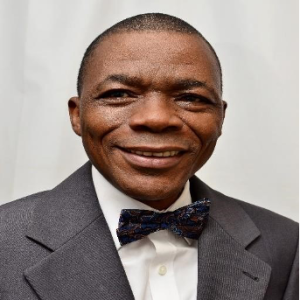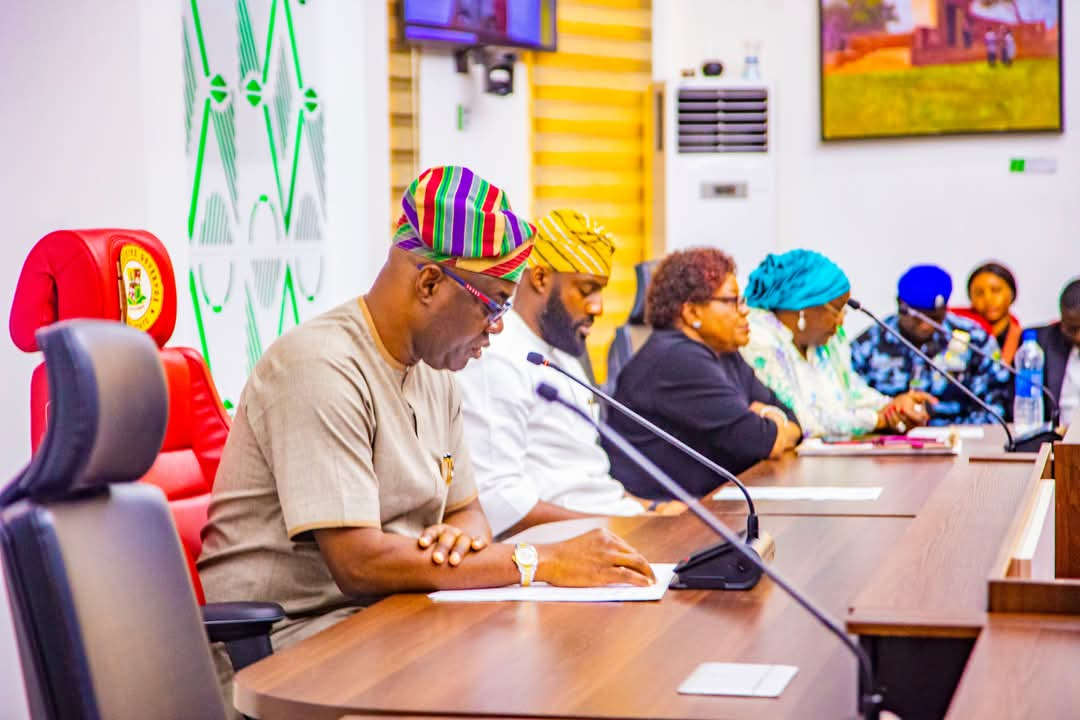In the modern era, education serves as the cornerstone of national development, innovation, and social transformation. For Nigeria, a nation endowed with a youthful and dynamic population, education is not only a pathway to economic progress but also a critical means of achieving sustainable development. However, despite the strategic importance of education, Nigeria’s educational system continues to face significant challenges that hinder its ability to deliver transformative outcomes. Outdated curriculums, inadequate infrastructure, limited access to quality instruction, and an uneven distribution of resources are among the many issues that prevent the system from evolving to meet the needs of a rapidly changing world. Furthermore, the COVID-19 pandemic highlighted the digital divide and the lack of digital infrastructure, which have set many students back academically.
The role of government, stakeholders, educators, and the private sector is vital in overcoming these hurdles and creating an environment where every Nigerian child has access to quality, relevant, and inclusive education. This reimagining must prioritize STEM education, vocational training, and digital literacy as key areas of focus, recognizing that a skilled and knowledgeable population is critical to Nigeria’s ambition to become a competitive player in the global economy. The following exploration will delve into these challenges and outline the key obstacles facing Nigeria as it seeks to transform its educational landscape to foster both individual and collective growth.
CHALLENGES IN ACHIEVING EDUCATIONAL TRANSFORMATION
Achieving educational transformation in Nigeria requires more than incremental changes; it calls for a comprehensive reimagining of the entire system. The concept of reimagining education speaks to a vision that prioritizes student-cantered learning, technological integration, and a curriculum aligned with 21st-century skill demands. Embracing these concepts would mean reshaping teaching methods, investing in teacher training, modernizing infrastructure, and addressing long-standing policy gaps. However, these aspirations come with substantial challenges, as structural, financial, and socio-cultural barriers continue to impede the pace of reform.
Let us review the following challenges and some recommendations for achieving educational transformation:
-
- Persistent Funding Gaps
Despite government pledges, funding remains a significant challenge. Schools, particularly those in rural areas, continue to face resource shortages that hinder the implementation of new educational programs. Sustainable funding models, including increased private sector involvement and international aid, are needed to bridge this gap.
-
- Teacher Training and Development
For educational reforms to succeed, there must be a corresponding investment in teacher training and development. Many educators lack the skills to teach modern curricula, especially those involving digital tools and technology-based learning. Ongoing professional development and support for teachers are essential to ensure they can effectively deliver the new curriculum.
-
- Digital Divide and Infrastructure Deficits
The integration of digital learning is contingent on the availability of reliable infrastructure. In many parts of Nigeria, especially rural areas, students still lack access to basic amenities, including electricity, internet connectivity, and digital devices. Addressing these infrastructure deficits is crucial for ensuring equitable access to education across the country.
-
- Inadequate Funding and Resource Allocation
One of the most significant challenges facing education in Nigeria is inadequate funding. Despite commitments to allocate a higher percentage of the national budget to education, the sector continues to receive insufficient financial support. This has led to deteriorating infrastructure, insufficient learning materials, and limited access to training for teachers. Without adequate funding, efforts to reform and transform the education system will be hampered, affecting the quality of education provided to students.
-
- Teacher Shortages and Quality of Teaching
The shortage of qualified teachers is another major issue affecting Nigerian education. Many schools, particularly in rural areas, struggle to find well-trained educators, leading to large class sizes and overworked teachers. Furthermore, the quality of teacher training remains inconsistent, with some educators lacking the skills needed to adopt modern teaching methods. Addressing this challenge requires investments in teacher education programmes, ongoing professional development, and improved incentives to attract and retain skilled teachers.
-
- Infrastructure Deficits and Lack of Basic Amenities
Many schools across Nigeria lack basic infrastructure, including classrooms, libraries, and laboratories. In some cases, students are forced to learn in overcrowded, dilapidated buildings without access to electricity or clean water. This lack of infrastructure affects the learning environment, making it difficult for students to concentrate and engage in educational activities. Improving educational infrastructure is crucial for creating a conducive learning environment that fosters academic success.
-
- Digital Divide and Limited Access to Technology
While digital learning technologies have gained traction, the digital divide remains a significant challenge. Many students, particularly in rural areas, do not have access to internet connectivity or digital devices, limiting their ability to participate in online learning. Bridging this gap requires investments in ICT infrastructure, affordable internet services, and initiatives to provide digital devices to underserved communities.
-
- Cultural and Socioeconomic Barriers
Cultural beliefs and socioeconomic factors continue to impede access to education for certain groups, particularly girls in northern Nigeria. Early marriage, child labour, and poverty prevent many children from completing their education. Addressing these barriers requires comprehensive social policies that support families, promote gender equality, and raise awareness about the importance of education. The government should support UNICEF effort as already discussed above and escalate it to other regions needy of improvement and concerted efforts in reducing the alarming number of OOS children in Nigeria.
RECOMMENDATIONS FOR POLICYMAKERS, EDUCATORS, AND STAKEHOLDERS
-
- Strengthen Public-Private Partnerships (PPPs): Collaboration between the public and private sectors and NGOs is crucial for driving educational reform. Public-private partnerships can help address funding gaps, improve infrastructure, and introduce innovative teaching methods that enhance learning outcomes.
- Focus on Teacher Training and Retention: Develop comprehensive teacher training programmes through CPDs that equip educators with the skills needed to teach modern, skills-based curricula. Incentives for teacher retention, especially in underserved areas, should also be a priority. Training programs should focus on modern teaching methodologies, digital literacy, and inclusive education practices. There is the urgent need for teaching profession to be standardised with certifications based on pedagogical and andragogical specialisations.
- Expand Access to Digital Resources and Initiatives: To bridge the digital divide, the government should invest in ICT infrastructure, provide affordable internet services, and support initiatives that distribute digital devices to underserved communities. Partnerships with EdTech companies can also help develop localized digital learning solutions that meet the needs of Nigerian students.
- Continuous Monitoring and Adaptation: Establish mechanisms for continuous monitoring and feedback to ensure that educational reforms are effectively implemented and adapted to meet changing needs. This will help keep the education system responsive and relevant.
- Increase Investment in Education Policymakers must prioritize education funding to address infrastructure deficits, improve teacher training, and expand access to digital learning tools. Increased investment will ensure that schools have the resources needed to provide quality education to all students.
- Promote Vocational and Technical Education Educators and stakeholders should focus on expanding vocational and technical training programmes that equip students with practical skills. Collaboration with industries to design curriculum and provide apprenticeships can enhance the employability of graduates.
Conclusion
Reimagining education in Nigeria is an ambitious yet essential undertaking if the nation is to cultivate a workforce and society capable of thriving in the 21st century. Although there are considerable challenges—from outdated curricula and insufficient funding to limited digital infrastructure—these obstacles should be viewed as opportunities for systemic innovation and renewal. Successfully addressing these issues will require a multi-faceted approach involving policy reform, increased funding, stakeholder collaboration, and the commitment of both public and private sectors.
Moreover, investing in teacher training, digital learning platforms, and curriculum modernization can bridge existing educational gaps and prepare students with the skills required for emerging industries. The involvement of the private sector can also bring valuable resources and expertise, particularly in technology and vocational training, while international partnerships can introduce global best practices.
Ultimately, achieving educational transformation in Nigeria means envisioning and building a resilient, inclusive, and innovative system that not only meets today’s needs but anticipates the demands of tomorrow. This transformation will empower Nigeria’s youth, elevate national development, and position the country as a leader in African education reform, making the future of Nigeria’s education sector bright, impactful, and truly life-changing for the nation.















